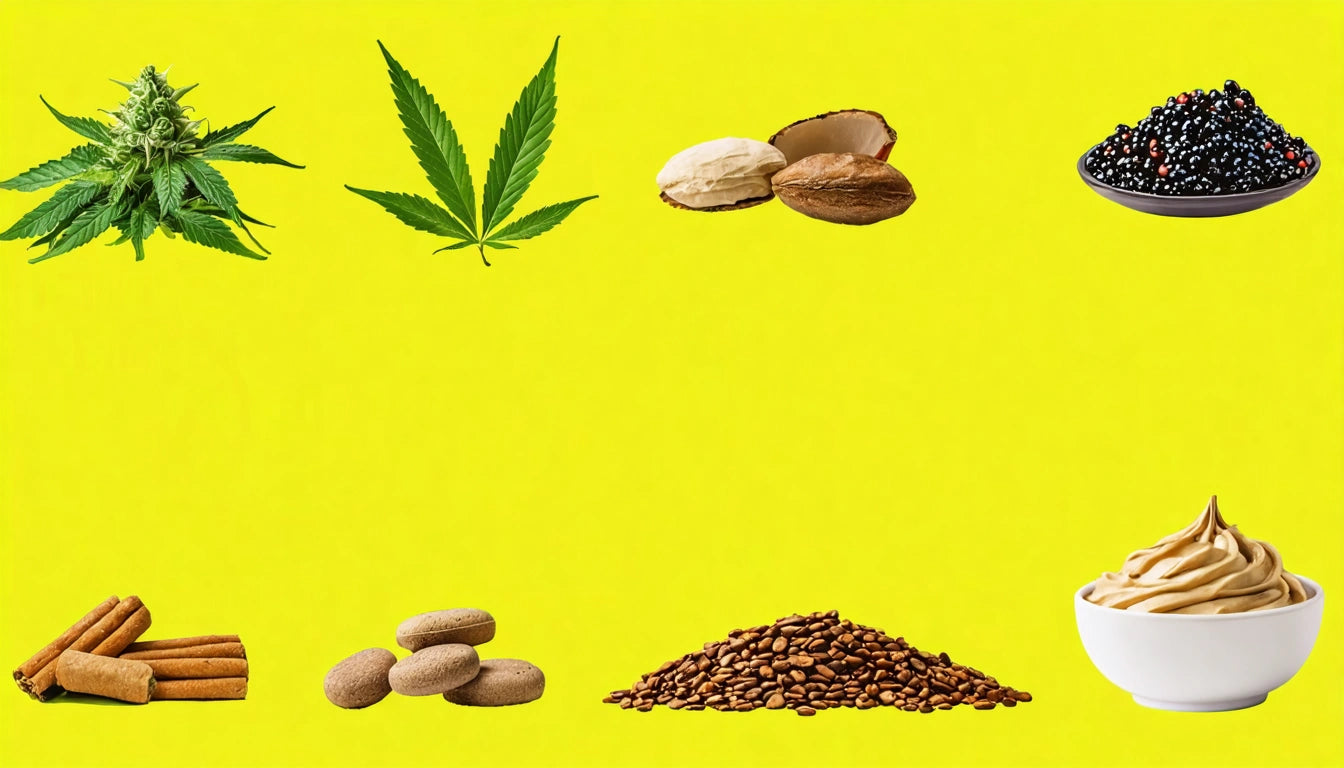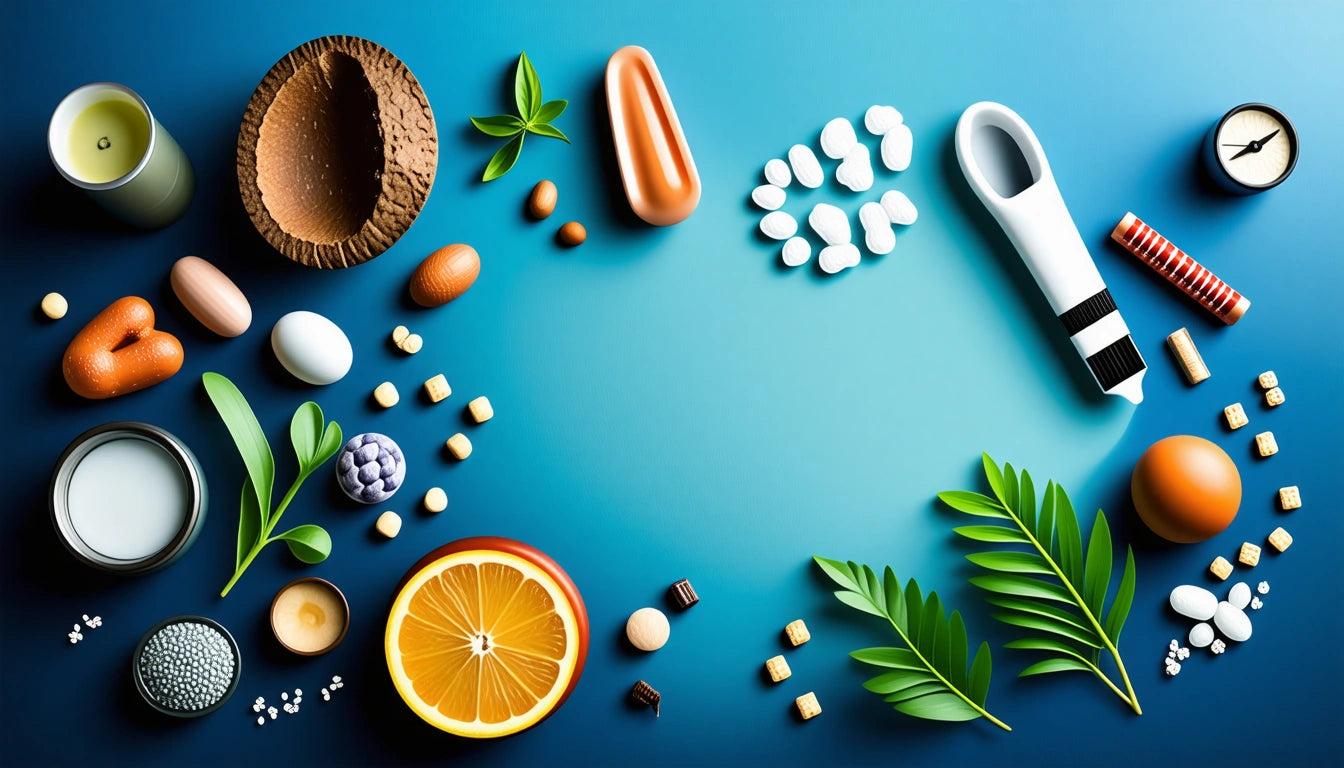Table of Contents
Understanding How Edibles Affect Different People: Potency, Efficacy, and Health Impacts
Cannabis edibles present a fascinating paradox in the world of consumption methods. While some users report intense, long-lasting effects from minimal doses, others claim to feel nothing even after consuming substantial amounts. This variance in experience has led to numerous questions about why edibles affect different people in such dramatically different ways.
Individual Variations in Edible Effects
The question of why edibles don't work for some people is complex and multifaceted. Research suggests that approximately 10-15% of consumers may have genetic variations that affect how their bodies process THC when ingested orally.
These genetic differences primarily involve liver enzymes, specifically the CYP2C9 enzyme, which is responsible for metabolizing THC into 11-hydroxy-THC, the compound that creates the potent effects associated with edibles. Some individuals have variants of this enzyme that either process THC too quickly or too slowly, resulting in diminished effects.
Genetic Factors
- Enzyme variations affecting THC metabolism
- Endocannabinoid system differences
- Receptor sensitivity variations
- Metabolism rate differences
For producers looking to create consistent products despite these individual variations, precision in manufacturing is essential. Many manufacturers use specialized filling equipment for accurate dosing to ensure that each product contains exactly the intended amount of cannabinoids.
Metabolism and Digestive Factors
One of the primary reasons why edibles affect people differently relates to metabolic processes. When consumed, edibles must pass through the digestive system before entering the bloodstream. This process, known as first-pass metabolism, significantly transforms THC.
Individual digestive health plays a crucial role in this process. Factors such as:
- Stomach acidity levels
- Presence of certain digestive enzymes
- Recent food consumption
- Gut microbiome composition
All these elements can dramatically alter how effectively cannabinoids are absorbed and processed. For example, consuming edibles on an empty stomach typically results in faster onset but potentially more intense effects, while eating them after a meal, especially one high in fats, can enhance absorption but delay onset.
Potency Considerations and Dosage Guidelines
The perception that certain demographics create particularly potent edibles isn't supported by scientific evidence. Instead, potency variations typically stem from manufacturing processes, dosing accuracy, and the source material's quality.
Understanding edibles potency requires knowledge of:
Factors Affecting Perceived Potency
- THC content and ratio to other cannabinoids
- Terpene profiles that may enhance effects
- Homogenization of active ingredients
- Storage conditions affecting potency retention
For new consumers, starting with a low dose (1-2.5mg THC) and waiting at least 2 hours before considering additional consumption is recommended. Experienced users may require higher doses based on their established tolerance levels.
Physiological Impacts of Edible Consumption
When considering how edibles affect the body, it's important to understand that the process differs significantly from inhalation methods. After ingestion, THC is metabolized by the liver into 11-hydroxy-THC, which is more potent and can cross the blood-brain barrier more effectively.
This metabolic conversion explains why edible effects typically:
- Take longer to onset (30 minutes to 2 hours)
- Last substantially longer (6-8 hours or more)
- Often feel more intense and full-body oriented
- May affect cognitive functions differently
Regarding specific bodily systems, research on whether edibles affect reproductive functions such as ovulation remains limited and inconclusive. While the endocannabinoid system does interact with hormonal regulation, current evidence doesn't support direct interference with ovulation cycles from occasional use.
Health Considerations and Long-Term Effects
Concerns about whether edibles make you age faster lack scientific support. In fact, some cannabinoids have shown potential anti-inflammatory and antioxidant properties in preliminary research, though these findings shouldn't be interpreted as anti-aging claims.
More relevant health considerations include:
- Potential interactions with medications
- Effects on cardiovascular health
- Impact on mental health, particularly with high-THC products
- Respiratory advantages compared to smoking methods
For individuals with certain conditions, including liver disease or specific metabolic disorders, edibles may produce unpredictable effects or pose additional risks. Consulting healthcare providers before use is always recommended, especially for those with pre-existing health conditions.
Future Research and Personalized Approaches
As cannabis science evolves, understanding why reactions to edibles vary so dramatically between individuals remains a priority for researchers. Future developments may include:
- Genetic testing to predict individual responses
- Personalized dosing recommendations
- Novel formulations designed for specific metabolism types
- More precise onset and duration control
For consumers currently experiencing inconsistent results, experimenting with different product types, formulations, and consumption methods may help identify what works best for their unique physiology. Keeping a consumption journal to track products, doses, and effects can provide valuable insights for personalizing the experience.
The science of edibles continues to evolve, and as research progresses, our understanding of these complex interactions between cannabis compounds and individual physiologies will only deepen, leading to more predictable and consistent experiences for all consumers.











Leave a comment
All comments are moderated before being published.
This site is protected by hCaptcha and the hCaptcha Privacy Policy and Terms of Service apply.